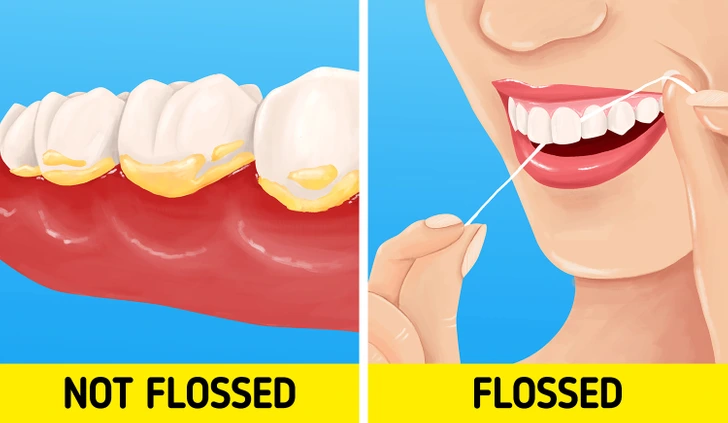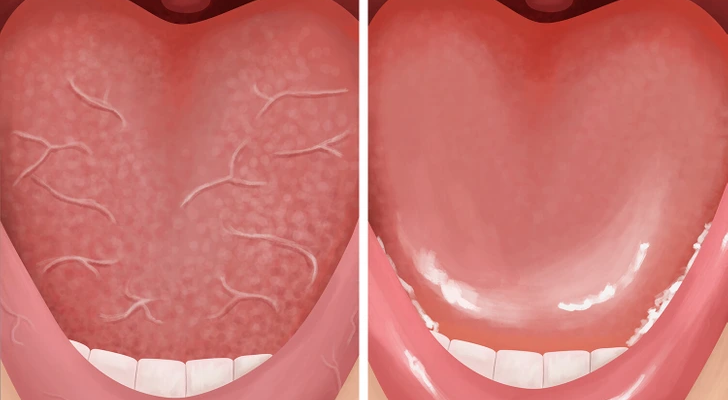Bad breath, also known as halitosis, can ruin your confidence, whether you’re waking up next to someone or heading into a crucial meeting. It’s something no one wants to deal with, yet many people struggle with it, especially after sleeping. The good news? There are some straightforward steps you can take to avoid waking up with unpleasant breath. Let’s dive into six proven methods to keep your breath fresh, even after a long night of sleep.
1. Drink More Water Throughout the Day
Staying hydrated is crucial for maintaining fresh breath. When you’re dehydrated, your body doesn’t produce enough saliva. Saliva plays a vital role in washing away food particles and neutralizing acids produced by bacteria in your mouth. A dry mouth can lead to bad breath because there’s not enough saliva to keep your mouth clean.
To avoid waking up with bad breath, make it a habit to drink plenty of water throughout the day. You can also try sipping water before bed to keep your mouth moist. Simple tricks like sucking on ice cubes or chewing sugar-free gum can also stimulate saliva production. If you’re experiencing persistent dry mouth, it’s a good idea to consult with a doctor, as it could be a sign of a more serious condition.
2. Opt for Sugar-Free Chewing Gum Instead of Mints
Many people reach for mints to mask bad breath, but this might be making the problem worse. Mints typically contain sugar, which feeds the bacteria in your mouth and leads to more acid production, ultimately worsening your breath.
Instead, switch to sugar-free gum. Chewing gum helps stimulate saliva flow, which is your mouth’s natural defense against acid and bacteria. Plus, the mechanical act of chewing helps to dislodge food particles and bacteria stuck between your teeth. By swapping mints for gum, you’re not just masking bad breath—you’re helping prevent it.
3. Visit Your Dentist Regularly for Check-Ups
Regular dental visits are essential for maintaining oral health and preventing bad breath. Even if you brush and floss diligently, there are some areas of your mouth that are difficult to clean, like the gaps between your teeth and gums. Over time, these areas can accumulate plaque, a sticky film of bacteria that hardens into tartar if left untreated.
Tartar can only be removed by a professional cleaning at the dentist’s office. If tartar builds up, it can lead to gum disease (periodontitis), which is a major cause of bad breath. Regular dental check-ups ensure your mouth stays free from plaque and tartar, reducing the chances of developing halitosis.
4. Practice Good Oral Hygiene Before Bed

It might seem obvious, but the most effective way to prevent bad breath is by maintaining a strong oral hygiene routine. Bacteria in your mouth break down food particles, producing unpleasant odors. That’s why it’s essential to brush your teeth at least twice a day and floss daily.
Before going to bed, make sure to brush thoroughly with fluoride toothpaste and floss to remove food particles stuck between your teeth. Don’t forget to clean your tongue as well, since it’s a breeding ground for bacteria. You can also use an alcohol-free mouthwash to kill bacteria and leave your mouth feeling fresh overnight.
5. Pay Attention to Your Diet
Certain foods are notorious for causing bad breath. Foods like garlic, onions, and spicy dishes contain oils that are absorbed into your bloodstream and released through your lungs, resulting in bad breath for hours or even days after consumption.
Additionally, if you’re following a low-carb diet, you might experience bad breath due to the production of ketones, which have a distinctive smell. To combat diet-related halitosis, consider limiting your intake of strong-smelling foods and talk to your doctor if you’re on a special diet to see if there are adjustments you can make. A diet rich in leafy greens, avocados, and nuts can help neutralize bad odors.
6. Remove Tonsil Stones Regularly

Tonsil stones are small, hard deposits that form in the crevices of your tonsils. They consist of bacteria, food particles, and debris, and they can be a hidden cause of bad breath. While tonsil stones aren’t typically harmful, they can cause a persistent bad smell if left untreated.
To prevent tonsil stones, practice good oral hygiene by brushing, flossing, and using mouthwash regularly. Gargling with salt water can also help dislodge tonsil stones and keep bacteria at bay. If you frequently notice tonsil stones, consider talking to your dentist or doctor about ways to prevent or remove them.
Conclusion
Bad breath doesn’t have to be an inevitable part of your morning routine. By staying hydrated, practicing good oral hygiene, chewing sugar-free gum, and watching your diet, you can keep your breath fresh and clean, even after a full night of sleep. Regular dental visits and being mindful of potential issues like tonsil stones will also ensure you’re doing everything you can to avoid halitosis. With these tips, you can wake up confident, knowing your breath is as fresh as the start of a new day!
